Tenneh*, a Love Justice transit monitor in Sierra Leone, began her usual day at work, expecting nothing out of the ordinary. Little did she realize, however, the profound impact she was about to have on the future of a very young, innocent life.
As she shared her story with us, Tenneh’s endearing smile and genuine heart shone through. She is truly committed to the work she is a part of, stating, “I’m passionate about this work because I’ve experienced many difficult situations in my life, and I know what it’s like to be in bondage. I want to help others so that they don’t have to end up in some of the positions I’ve been in—because I’ve suffered through some very bad times in my life. I’ve always wanted a platform where I could help others, and working with Love Justice has given me the opportunity I’ve been looking for.”
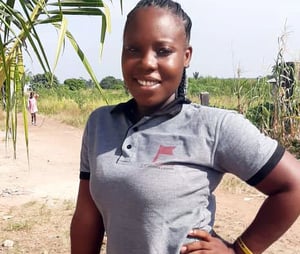
The right place at the right time
Tenneh had planned on spending this particular day at the transit station, monitoring for suspicious activity and people who appeared to be in vulnerable situations. When she arrived at her post, however, she changed her plans and decided to travel to a nearby village to spend some time visiting with people in the community and educating them on the tactics and false promises traffickers use to lure their victims into slavery.
A motorbike taxi carried her several miles away to the village she specified and dropped her off. “My plan for the day was to simply educate the people there about the dangers of trafficking and explain to them that just because individuals may come along and offer help does not mean that they should be trusted. However, as I began walking farther into the village, I noticed a commotion of people surrounding a large tree off in the distance. As I got closer, I realized that a baby was being given over to the local witch doctor to be sacrificed,” said Tenneh.
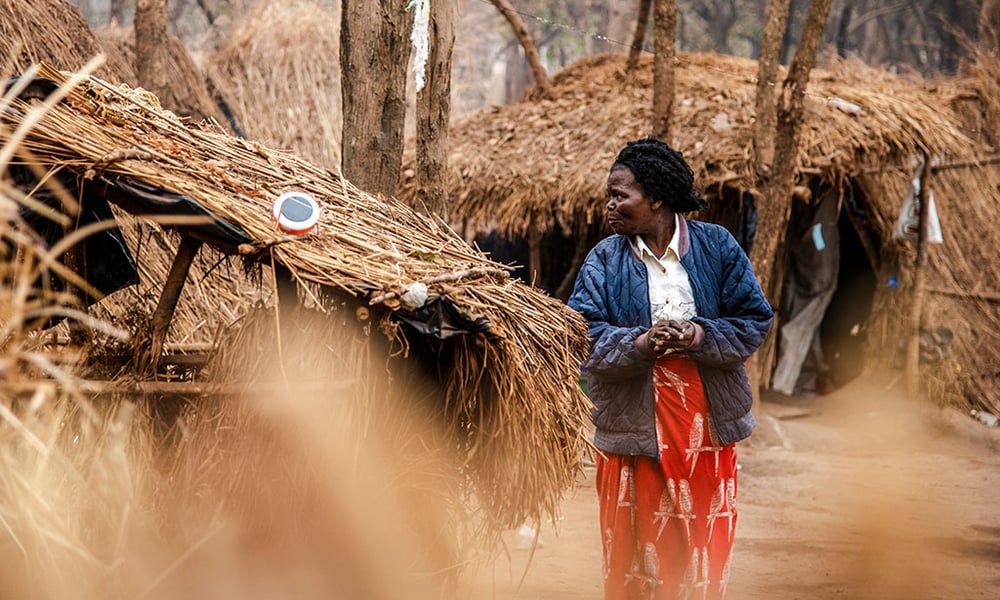
Growing up in a similar community and cultural belief system, Tenneh was familiar with what was taking place, and she approached the group cautiously. When she asked what had happened and why the baby was being sacrificed, they shared with her that she was a twin and had “killed” her sister in their mother’s womb.
A deep-rooted religious and cultural belief system
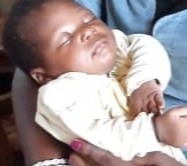
Meet Aminata*, the baby girl whose twin sister died during childbirth.
In certain tribes in West Africa, people have been taught for centuries that twins are born with special powers, and as a result, there is an irrational fear of them. In response to this cultural and religious belief, twins are often killed in infancy.
When Aminata’s twin died during birth, many members of the local village believed that Aminata was responsible for her death. In addition to her sister dying, Aminata’s father, grandmother, and uncle all died on the same day as well, leaving the entire community in fear of the “special evil powers” she possessed.
Terrified of Aminata’s mysterious abilities, they demanded that she be taken to the village’s witch doctor in order to be put to death. Under immense pressure from her neighbors, the mother felt like she had no other option but to comply.
The religious practice of sacrificing twin babies still continues in some remote West African villages and cultures today. It is common for witch doctors to “protect” their communities from the dangerous powers they believe twins possess.
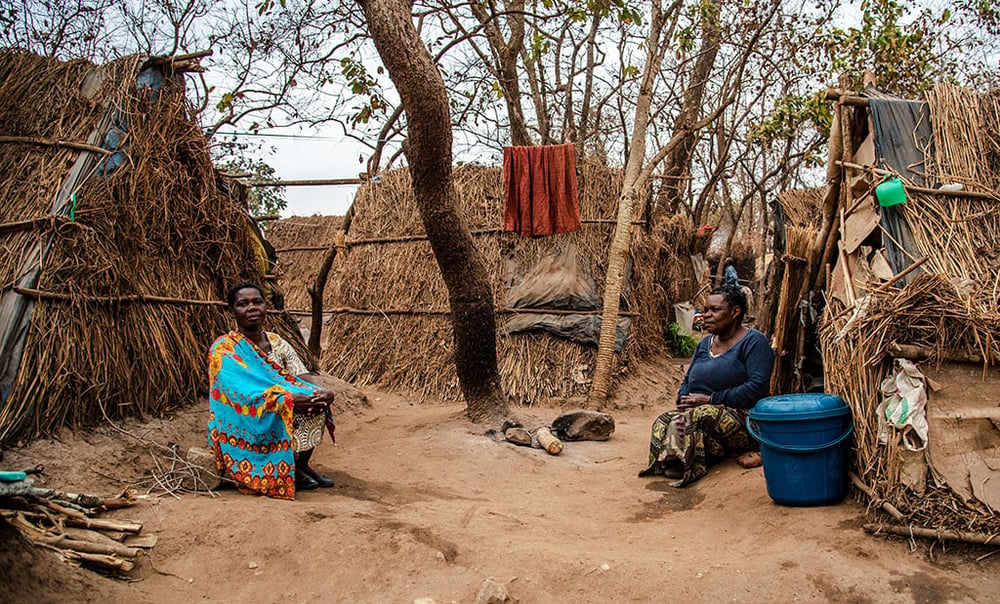
According to an article in The Guardian, “The witch doctor feeds them with a secretly prepared liquid. He convinces the ordinary people in the community that the liquid is water and that the deaths of the babies actually result from the activities of the gods. The function of the water, he would say, is to keep the spirit of the twin in the family lineage. That’s far from the truth and that substance is highly poisonous.”
An excerpt from the University of Missouri’s Artifacts Journal provides more insight into the history of the stigma against twins in West African culture stating, “Igbo society viewed twins as a bad omen sent by the ‘Gods.’ They considered twins as supernatural beings that could bring devastation upon society. ... As a consequence, whenever twins were born, their parents had to leave them in the ‘Evil Forest’ to die.”
Tenneh states, “It’s also common that if a child is born with a particular disfigurement or disability, they classify him or her as ‘evil’ and atone for the child by sacrificing him or her.”
She continues, “Other beliefs include things like, ‘Because the mother usually washes at night, she came in contact with the devil, and that’s why her child was born deformed. So now she has to give her child back to the devil to break the curse.’ This type of mindset is very common.”
Tenneh notes, “As Christianity continues to be shared throughout West Africa, churches and pastors are slowly convincing people that this belief is simply not true. However, it’s very hard to change that mindset, especially in the more remote villages that have been isolated from the modern ways of life.”
Changing the story
As Tenneh listened to the villagers’ story about Aminata, she was determined to approach the situation with empathy and understanding about their noticeable distress. She explains, “I had to use diplomacy in order to show that I wasn’t there to take over or interfere with their customs, but also to try and help them understand where I was coming from and how I wanted to help.”
Tenneh states, “One of the saddest parts of the whole situation was that the mother was willing to have her living baby put to death because of this belief system.”
Tenneh shares how she simply asked, “What is the next step? What happens if you don’t kill her and instead, give her over to me?” They then answered Tenneh stating that if the baby remained in the village, she would have to be sacrificed. However, if she was taken out of the village forever, then they would be satisfied with that option and allow her to go.
“I said, ‘Okay fine, I’m ready to take her.’ That’s what I told them and the mother. I said, ‘If she, as you claim, is evil, then I’m ready to take her with me,’” states Tenneh. Watch as she shares more of the story:
The villagers then explained that there were additional conditions she would have to meet. They told her that not only did she have to take the baby but the mother as well because they believed that she would only continue having “evil” children.
As Tenneh relates this story, one would never know from her demeanor what an act of courage it was for her to not only step into this volatile situation but also agree to take the baby and mother with her.
Because Tenneh grew up in a very similar community with some of the same cultural and religious beliefs, she had to fight some of her old ways of thinking. Although she knew that Aminata was in no way responsible for the death of her sister or the others that day, she had to resist fears from creeping in and stopping her from saving this precious and innocent baby's life.
She shared, “At this point in time, I just remember thinking, ‘This little girl’s life is in your hands.’ That was the only thing on my mind at that point in time.”
To add to her turmoil, the people in the village told her she must leave by eight o’clock that evening with the mother and child; otherwise, the sacrifice would be carried out. However, as the time kept getting later, there were absolutely no motorbike taxis in the area to try and flag down so they could leave the village in time.
Tenneh states, “I just started praying! It kept getting closer and closer to the time we needed to leave, and there were no taxis anywhere. I just kept praying, ‘Please God, save me so I can save Aminata. … She’s just a harmless baby who was born into this particular situation, and she has no idea of the chaos that’s surrounding her.’ I was just sitting there praying with everyone around me saying, ‘Please God, I need a motorbike, please!’ And a motorbike literally came out of NOWHERE!”
Watch as Tenneh shares more details:
“It’s really made me realize that in this life, you will see everything. Things that you think would never be possible—they will be possible. So this one [interception], it touched me, and I’m really moved that at least for once I will always say I had the chance to save someone,” states Tenneh.
Saving a life
Aminata was 4 months old at the time of this writing. Tenneh shared how she often thinks about the fears she overcame to take Aminata out of that horrible situation, “Now as I think back on everything that happened, I think about, ‘What if I had given into my fears and believed what the people at the village had told me about her?’ Aminata would be dead.”
Thankfully, Aminata is now in the safe hands of Mariatu*, a woman who works for a child protection organization, and the local police have been involved. Our staff members are closely monitoring the situation, and they plan to help put the child in the care of social welfare.
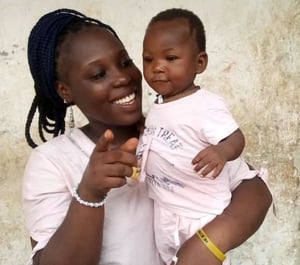
Tenneh has since been able to check in and visit with Aminata. “I just look at her and say, ‘It’s God.’ Because on that particular day, I was not supposed to be at that village,” she shares.
Since that time, our staff members now monitor near that village in order to keep an eye out for any other cases like Aminata’s that might come up again. You can read more about our ongoing anti-trafficking work in Sierra Leone here.
We are so thankful to all of our donors who fuel our work and make it possible for us to intervene in the most pivotal point of a person’s life: the brief moment between freedom and slavery—and sometimes even life and death.
From now until the end of the year, every gift given up to $750,000 is being matched by generous donors. Don’t miss this opportunity to double your impact and help change the story for someone in the process of being trafficked. By joining together, we can intervene in those critical moments to stop innocent lives, like Aminata’s, from being exploited, abused, or even put to death.
*All content, data, and statistics current at the date and time of publishing. Some locations omitted and names changed for the security and privacy of those involved.
**Originally published on December 14, 2020.
-1.png?width=500&height=500&name=LJI_MAINLOGO_WhiteBackground%20(1)-1.png)
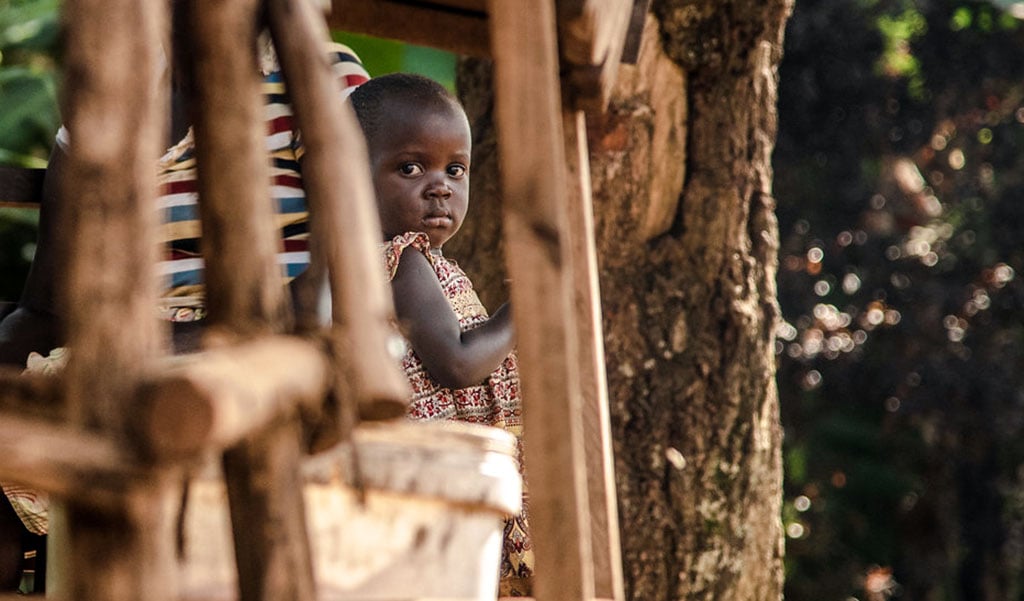

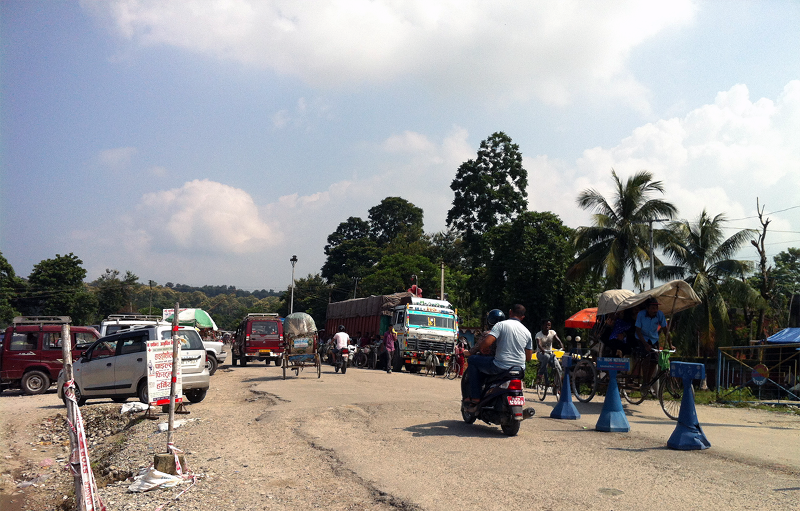
/bimala_feature_blog.webp)

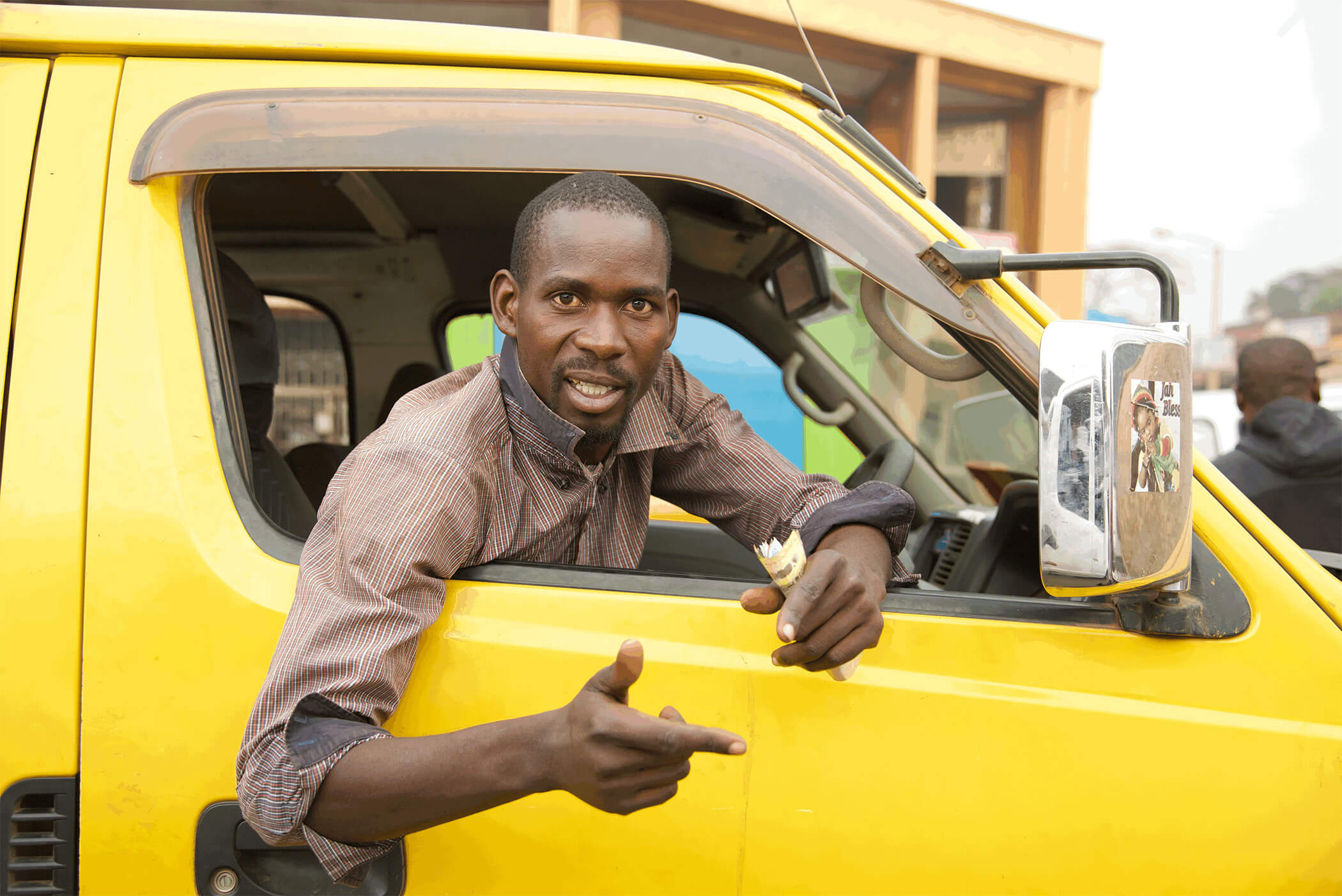
/boy_girl_asia_streets.webp)
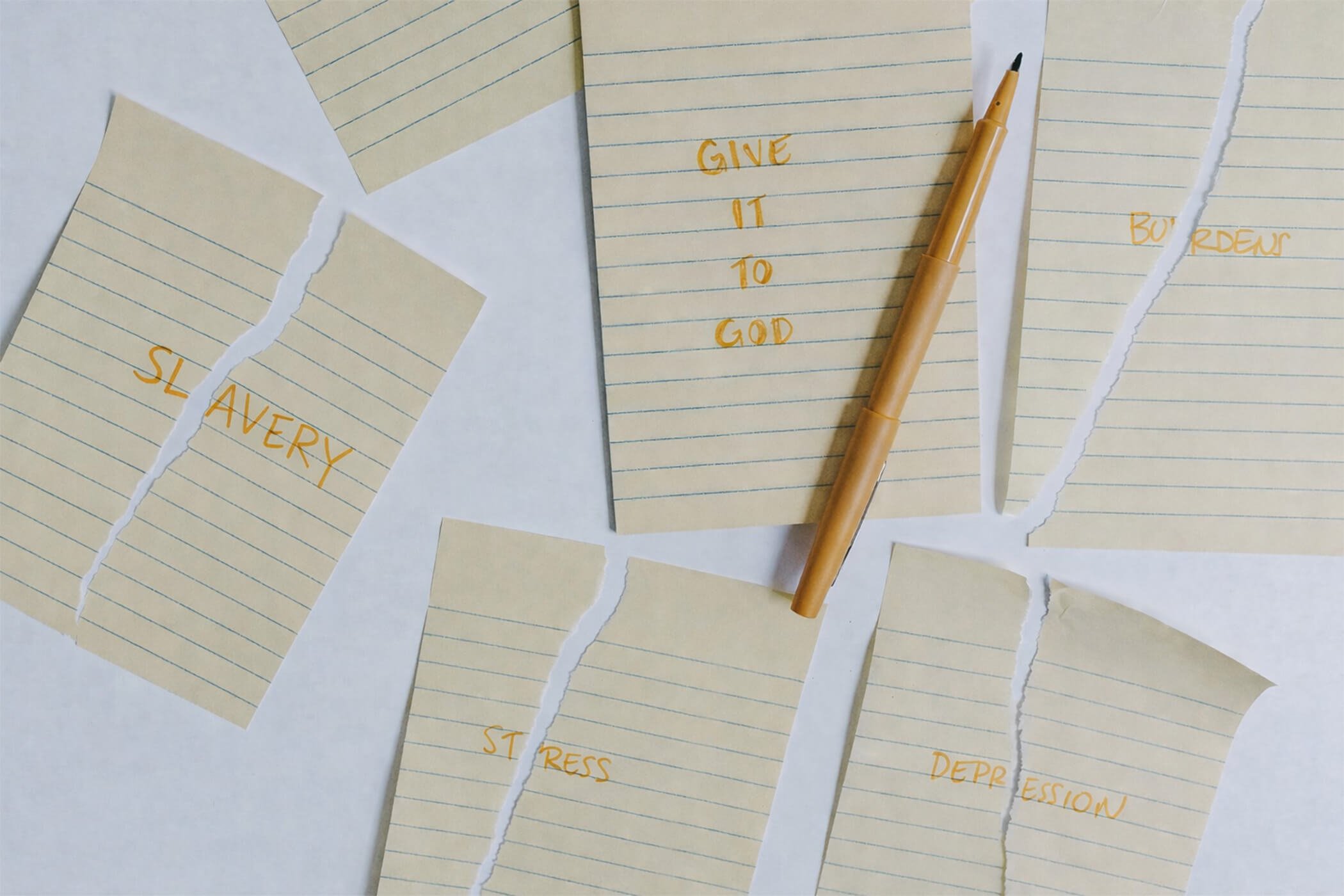
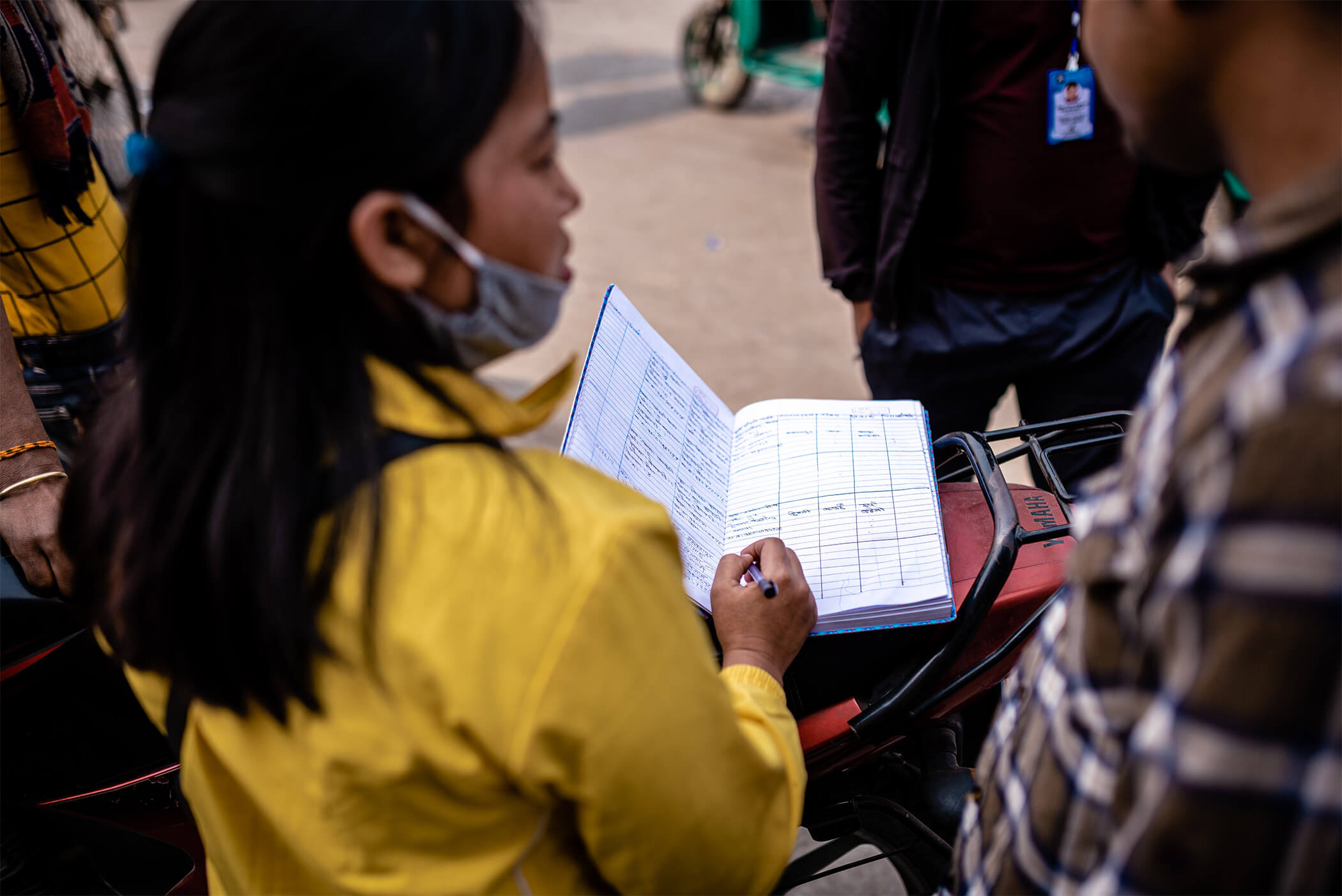
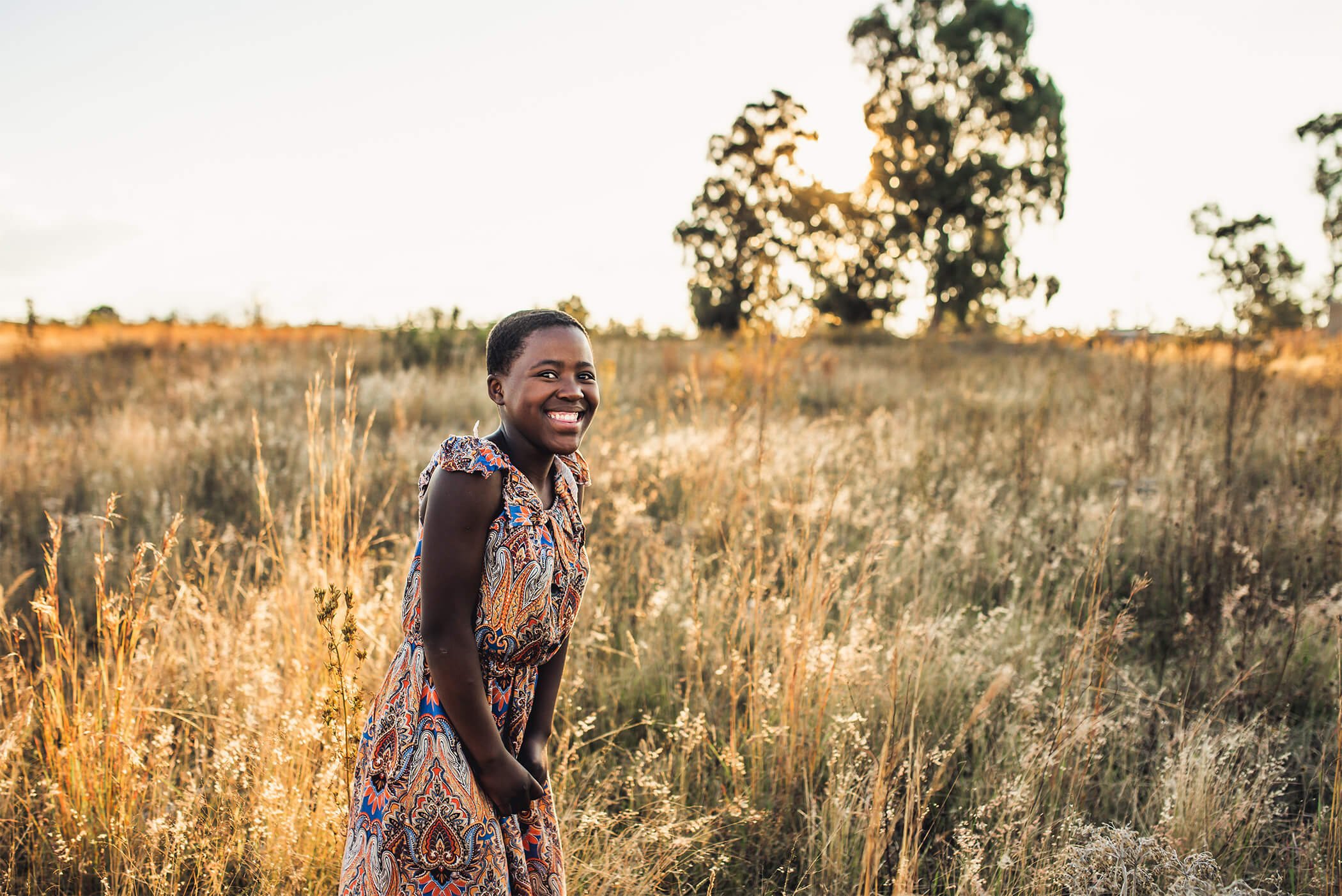
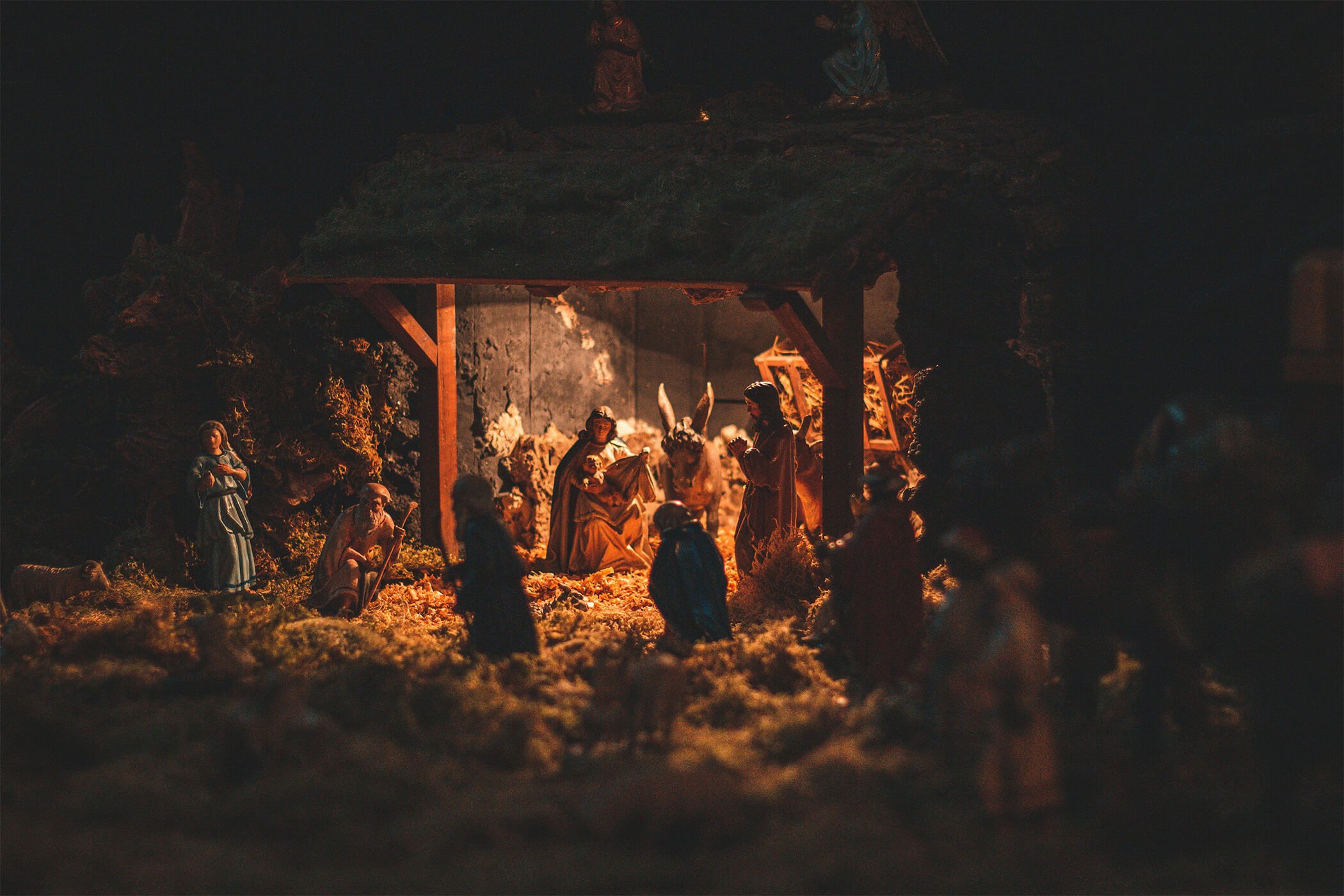
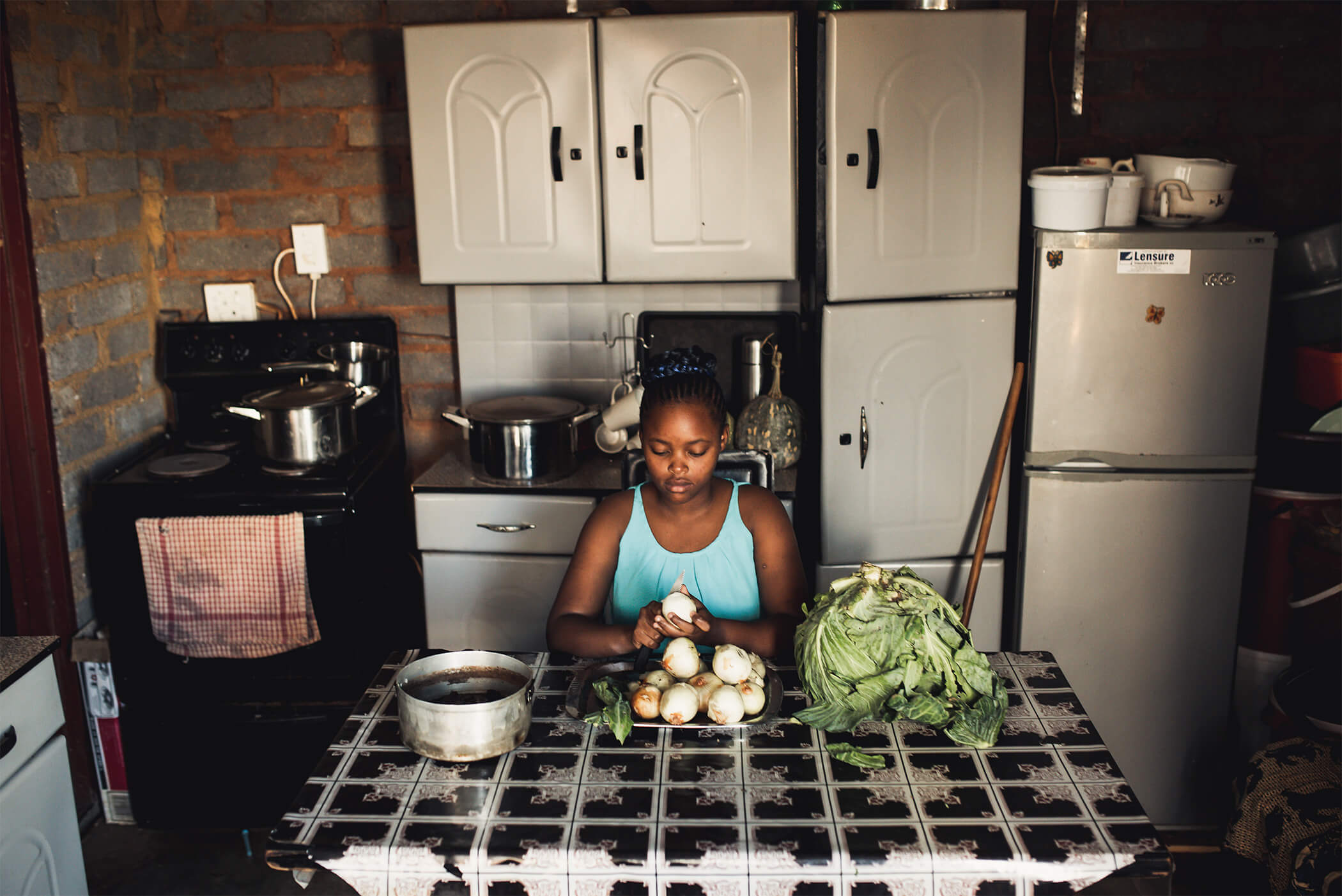

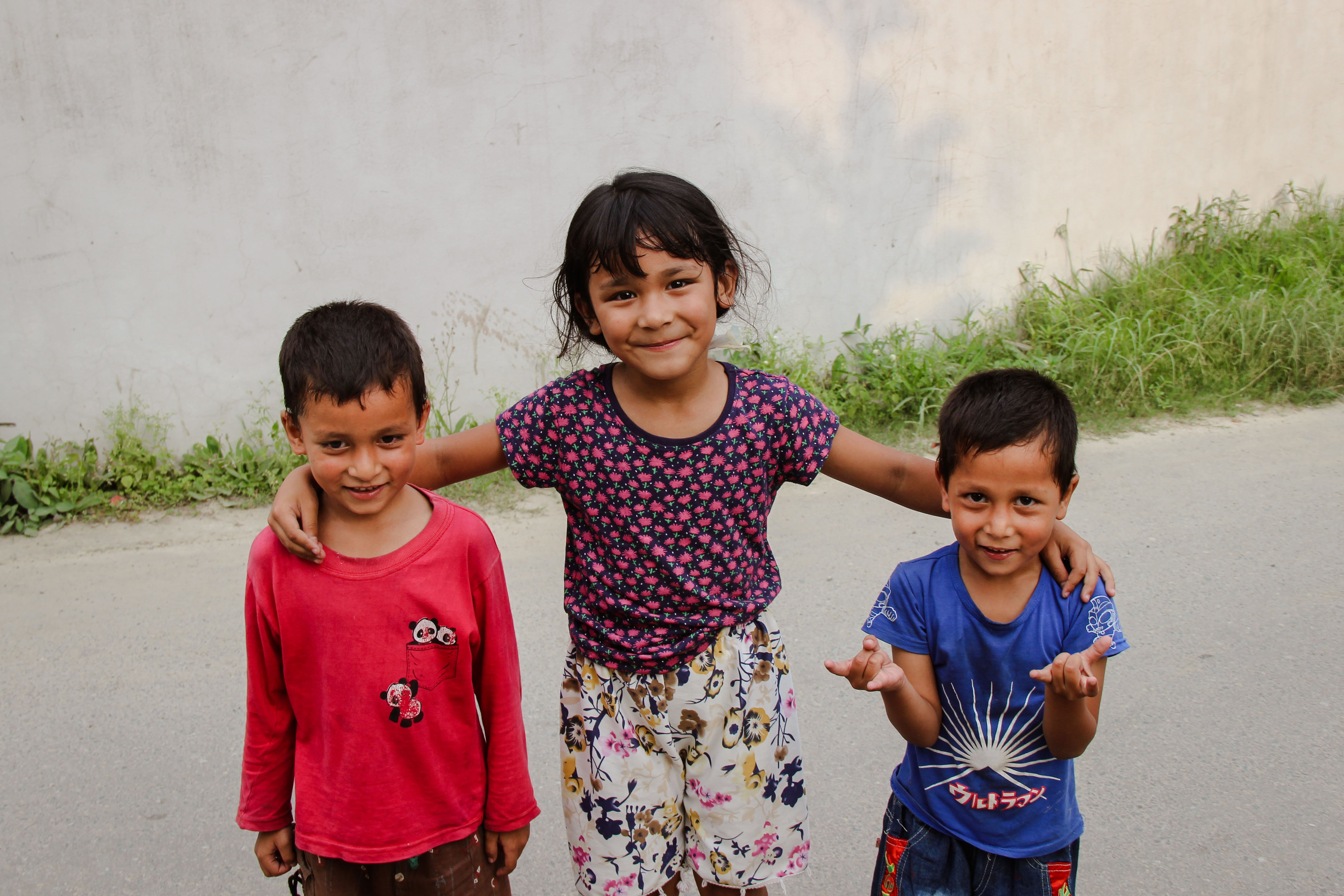
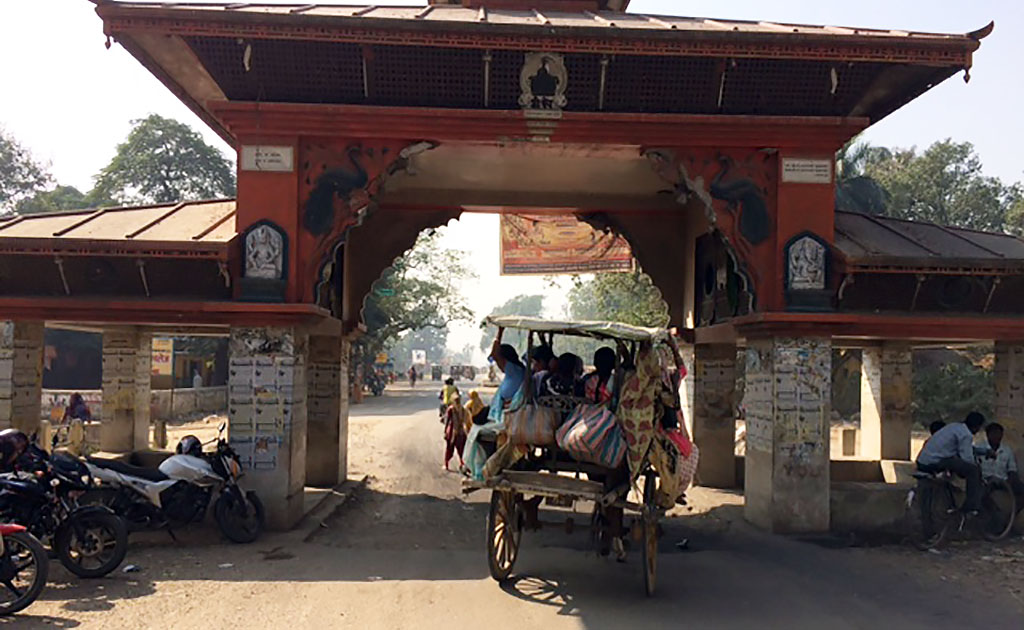
/love_justice_africa_girls.webp)
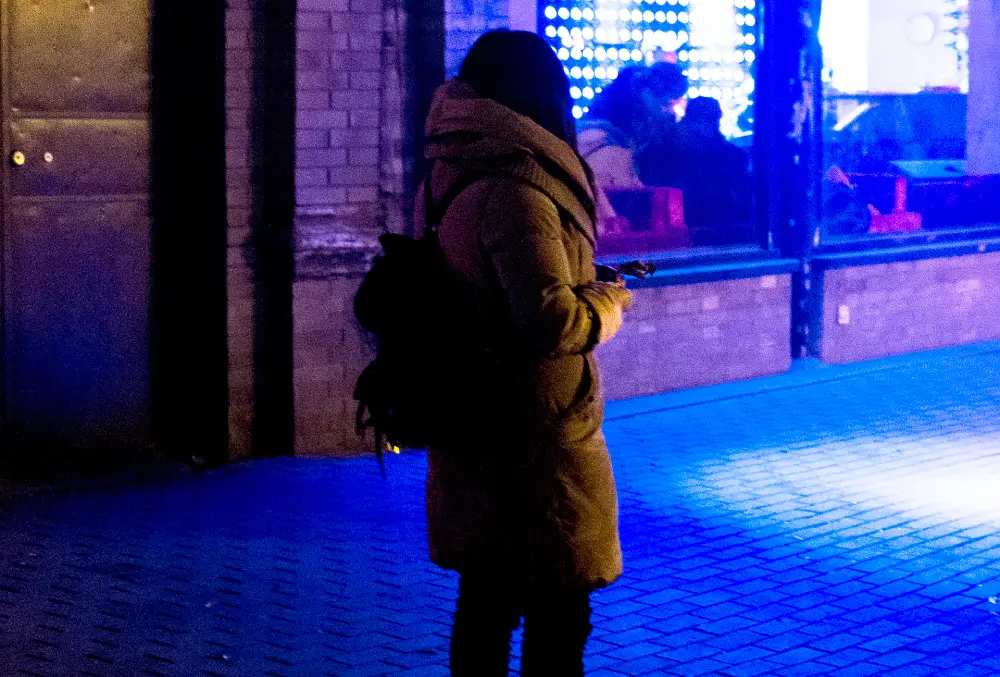
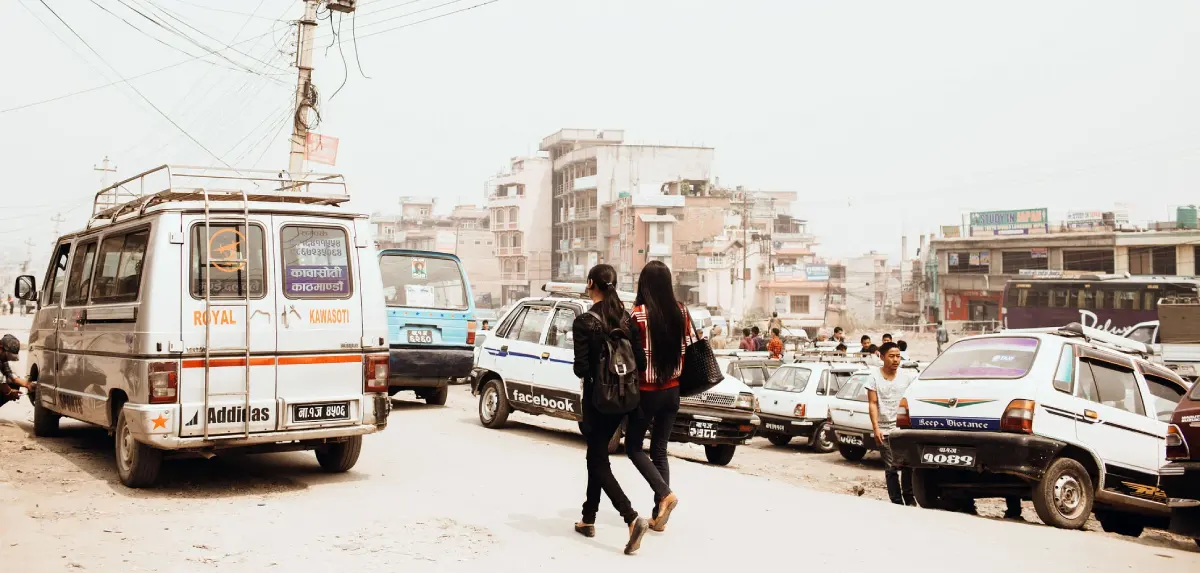
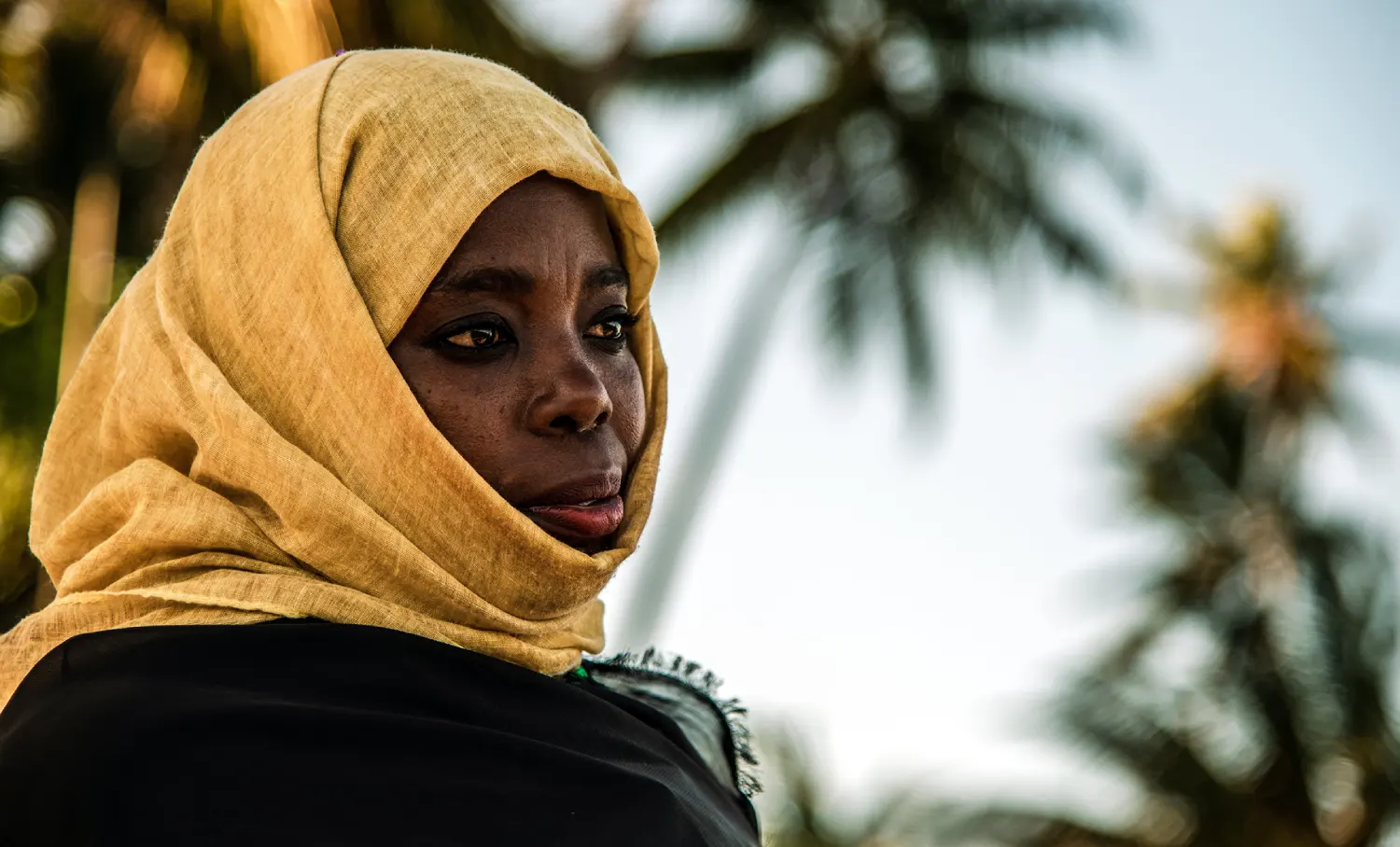
/asia_girl_alley.webp)


/south_asia_monitor_covid_response_love_justice.webp)
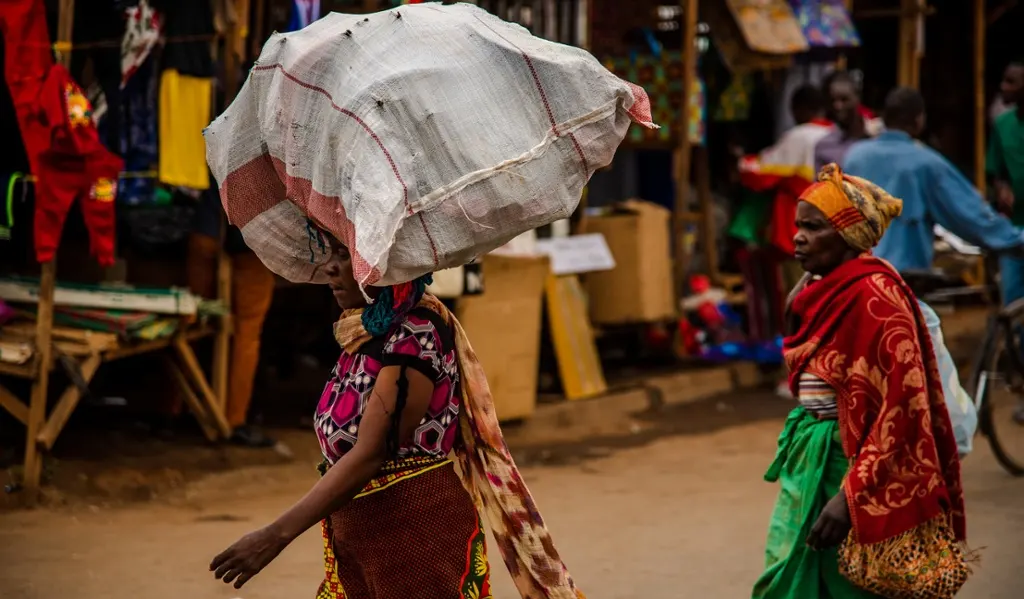




Post a comment